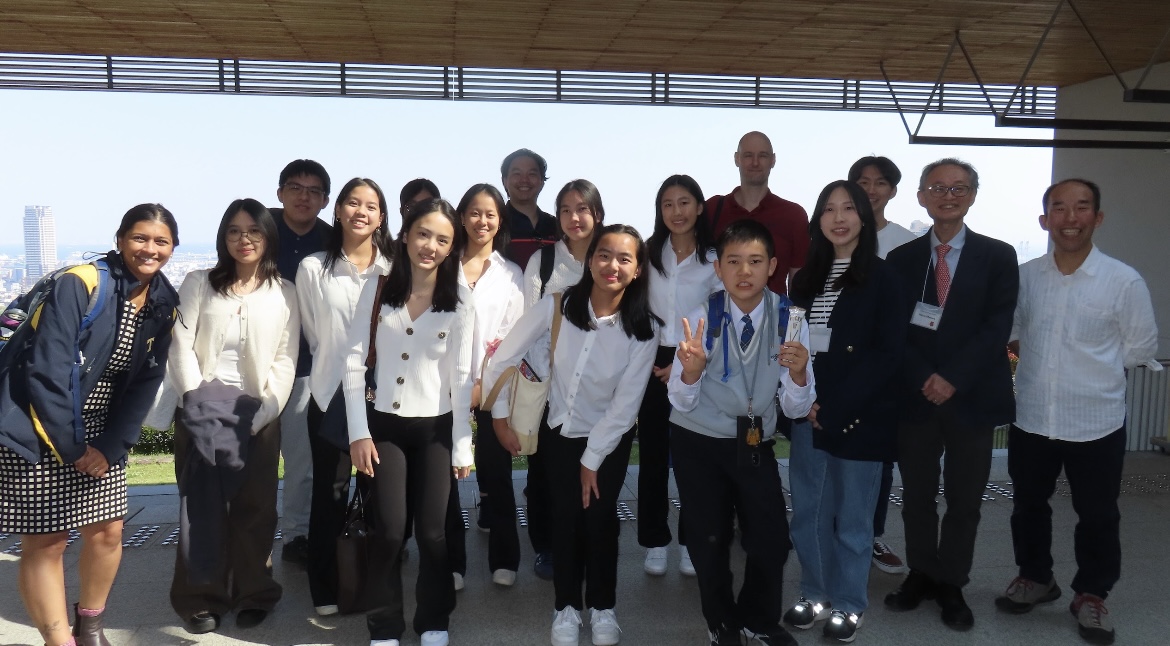
“It’s humbling, a privilege, and an honor. I’m really proud of being Chinese, [and] I am really proud of my parents being from Taiwan,” Jeremy Lin diplomatically told reporters when asked about his nationality..
The question of national identity is a touchy one for many. “Am I Taiwanese, or am I Chinese”?
Jeremy Lin and Ang Lee are two of the many celebrities who have been placed in awkward situations by this very issue.
Lin has been very careful to avoid answering questions directly regarding his ethnicity, as he is wary of not offending either country.
Ang Lee, director of the Oscar winning Life of Pi, was also caught in the media headlights during his Oscar acceptance speech.
Controversially, the Chinese government cut off part of Lee’s Oscar speech when he thanked the Taiwanese government for assisting him during the shooting of Life of Pi.
At TAS, however, the divide between the nationalities are not as obvious. In a recent poll taken by the Blue & Gold, 87% of TAS students identified as Taiwanese.
Carol C.(11), one of the Chinese minorities, believes that “most TAS students identify themselves as Taiwanese because they feel that political segregation is stronger than their cultural ties with China.”
These statistics compare to a survey conducted by the Taiwan Indicators Survey Research (TISR), where an overwhelming 96.5% of people identified as Taiwanese. The political status of Taiwan is still very ambiguous, as some call it the ‘Republic of China’ or ‘Chinese Taipei,” while others simply refer to their home nation as ‘Taiwan.’ Jerry H. (9) is “hopeful that Taiwan’s status [in the global realm] will change.”
Jonny X. (11), on the other hand, identifies with the minority of TAS students. He does not feel any tension at TAS because it’s not a topic that is often discussed at school. “A lot of students identify themselves as multi-cultural,” Johnny said. “It is generally not a topic resulting in tension.”
The statistics regarding Taiwanese versus Chinese identification have changed drastically since the 1950s. With the emergence of new cultural practices, people have begun to break away from Chinese identification. Mr Brown, who teaches the course Taiwan, China, and the United States, believes that there is a separation between the generations regarding nationality as “the older generations in Taiwan lived through an era where their identity was told to them.”
Identity: The “Chiwanese” debate
February 14, 2014

0



![[PHOTO COURTESY OF PIXABAY]](https://blueandgoldonline.org/wp-content/uploads/2025/03/white-18227_1280-1200x803.jpg)

![[PHOTO COURTESY OF PIXABAY]](https://blueandgoldonline.org/wp-content/uploads/2025/03/fire-6706674_1280-1200x800.jpg)
